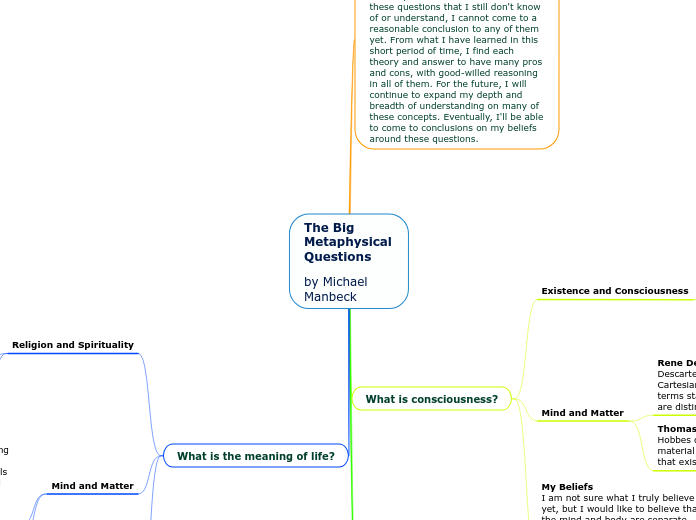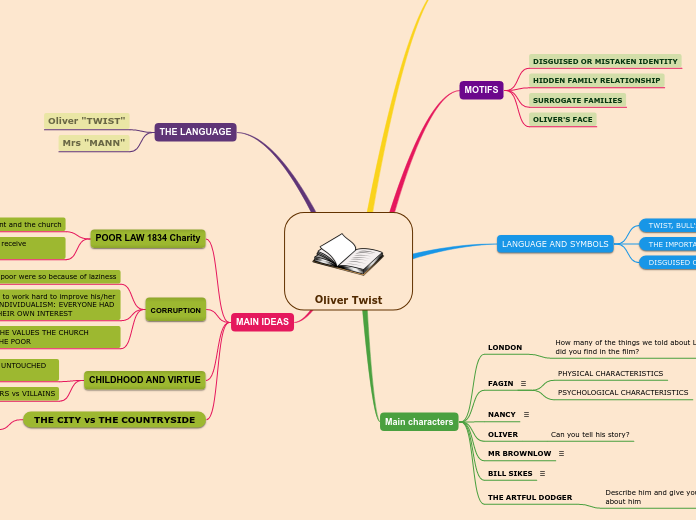von Michael Manbeck Vor 4 Jahren
333
The Big Metaphysical Questions by Michael Manbeck
Exploring foundational questions about consciousness, existence, and the potential separation between mind and body, the text delves into philosophical theories from notable figures like Descartes, Hobbes, and Locke.









